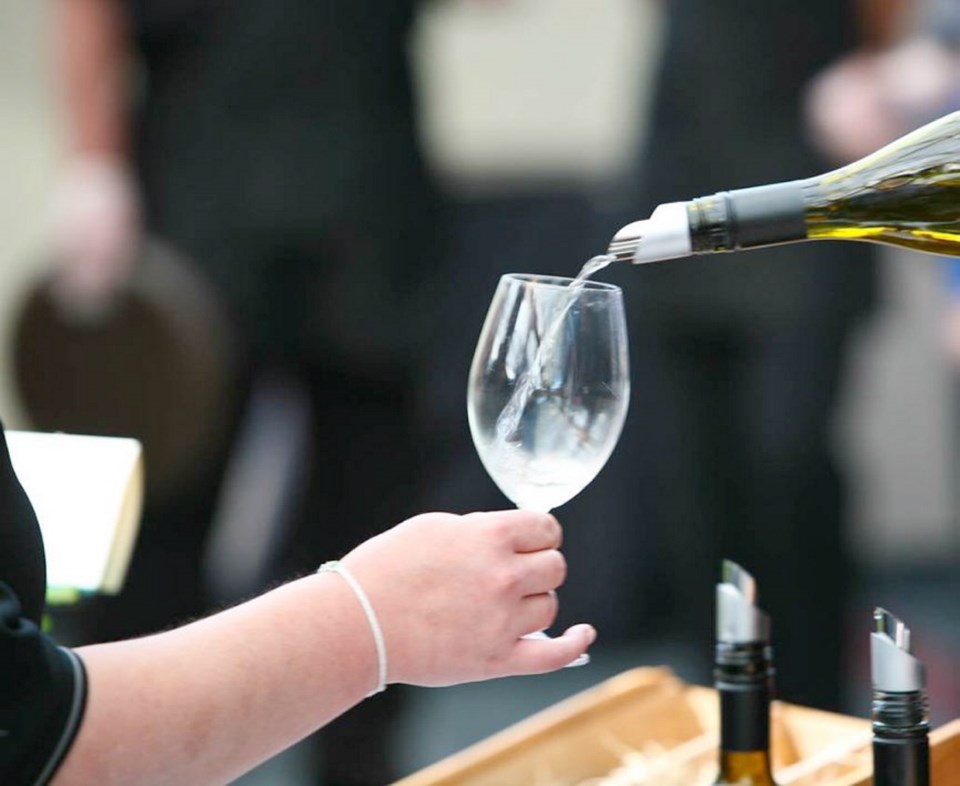A $40 bottle of wine in B.C. will cost as much as $56 next year if the province goes ahead with a new wholesale pricing system.
That was the warning Wednesday from Vancouver wine industry lawyer Mark Hicken, who feels the wholesale price model that takes effect on April 1, 2015 has serious flaws.
“I just don’t think this system can work and it will have a dramatic impact on retailers selling medium- to high-priced wines,” he said. “People already think wine prices are too high in B.C. and this could lead to some outrageous pricing.”
Hicken estimates the new wholesale pricing strategy will cause a $20 bottle of wine to rise to about $22 next year while a $30 wine will go up to as much as $40.
He said people who enjoy a fine bottle of $100 French Bordeaux will have to pay between $126 and $151 under the new system.
“There’s already a big problem with people leaving the province to buy higher-priced wine in Alberta, where prices are generally lower,” Hicken said. “This will literally drive the medium- to high-priced wine market out of British Columbia to Alberta.”
The Liquor Distribution Branch currently charges wine retailers a 117-per-cent markup on the first $10.25-a-litre cost it has to pay for wine, plus a 51-per-cent charge on any value above that.
Independent wine stores get a 30-per-cent discount on the total to determine their wholesale price, while licensee (non-government) retail stores receive a 16-per-cent discount and rural agency stores get a 12-per-cent reduction.
Under the new system, all wine retailers will pay the same wholesale price, which includes an 89-per-cent markup on the first $11.75-a-litre value and 67 per cent on any value above that.
Hicken said it’s that jump from a 51-per-cent markup to 67 per cent that will create significantly higher wine prices.
Marquis Wine Cellars owner John Clerides fears for the future of his 28-year-old independent Vancouver wine store.
“Our ability to employ people and create jobs is in serious jeopardy with this new markup,” he said. “Are they purposefully trying to put us out of business? I don’t know but it seems that way.”
Clerides said losing the 30-per-cent discount on wholesale wine prices clearly puts independent wine stores at a competitive disadvantage, noting private retail stores will be able to buy wine at the same price while also selling beer and spirits.
“If that’s the case, we thought we should be allowed to sell beer and spirits too, but the government turned us down,” he said. “How is that a level playing field?”
Attorney General Suzanne Anton said the new wholesale pricing model is meant to foster more competition in the marketplace.
“It’s not about changing prices for consumers,” she said in a statement. “Trying to guess what each individual retailer will charge per product at this point is complete speculation.”
Anton said the new model is designed to collect about the same amount of revenue from each product category as exists today.
“Within each category, some products go up in price and some go down,” she said. “For the vast majority of products, the change is very minor in either direction.”
Other major changes coming into effect April 1 include Sunday store openings and refrigeration for B.C. Liquor Stores, as well as store-within-a-store sales at grocery outlets.



